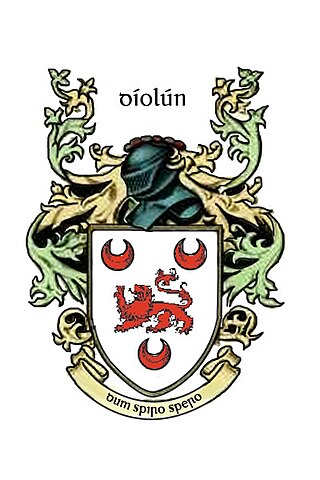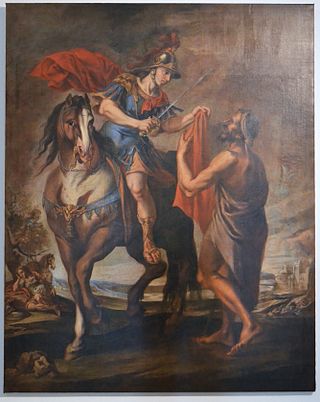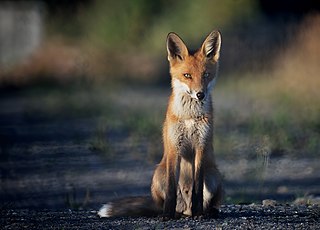Blake is a surname which originated from Old English. Its derivation is uncertain; it could come from "blac", a nickname for someone who had dark hair or skin, or from "blaac", a nickname for someone with pale hair or skin. Another theory, presumably in the belief it is a Welsh patronymic in origin, for which there is no evidence, was that it is a corruption of "Ap Lake", meaning "Son of Lake".
Cole is a surname of English origin, and is also now used as a given name. It is of Middle English origin, and its meaning is "swarthy, coal-black, charcoal".
Andrews is a patronymic surname of English, Scottish, and Norse origin. At the time of the 1881 British Census, its relative frequency was highest in Dorset, followed by Wiltshire, Huntingdonshire, Worcestershire, Hampshire, Suffolk, Cambridgeshire, Devon and Somerset.
Bell is a surname common in English speaking countries with several word-origins.
Allen is a Celtic surname, originating in Ireland, and common in Scotland, Wales and England. It is a variation of the surname MacAllen and may be derived from two separate sources: Ailin, in Irish and Scottish Gaelic, means both "little rock" and "harmony", or it may also be derived from the Celtic Aluinn, which means "handsome". Variant spellings include Alan, Allan, etc. The noble family of this surname, from which a branch went to Portugal, is descended of one Alanus de Buckenhall.
Parker is a surname of English origin, derived from Old French with the meaning "keeper of the park". "Parker" was also a nickname given to gamekeepers in medieval England. In the United States, it ranked in 1990 as the 47th most-common surname.

Campbell is a Scottish surname —derived from the Gaelic roots cam ("crooked") and beul ("mouth")—that had originated as a nickname meaning "crooked mouth" or "wry mouthed." Clan Campbell, historically one of the largest and most powerful of the Highland clans, traces its origins to the ancient Britons of Strathclyde. Between 1200 and 1500 the Campbells emerged as one of the most powerful families in Scotland, dominant in Argyll and capable of wielding a wider influence and authority from Edinburgh to the Hebrides and western Highlands.
Nelson is an English surname. It is a patronymic name derived from Nell. The name is also listed as a baptismal name "the son of Eleanor". The name was popularised by Admiral Horatio Nelson as a given name.
Broderick is a surname of early medieval English origin, and subsequently the Anglicised versions of names of Irish and Welsh origin.

Dillon is an Irish surname of Breton origin, descending from a cadet branch of Viscomte de Leon in Northern Brittany. It first appeared in Ireland with the arrival of Sir Henry de Leon, in the service of Prince John in 1185. Sir Henry married Maud de Courcy, daughter of Sir John de Courcy and Affrica Guðrøðardóttir. Awarded large tracts of land by in Meath and Westmeath, one of the Dillons’ first Mott & Baileys can still be found at Dunnamona before the establishment of stone structures such as Portlick Castle.
The surname Burns has several origins. In some cases, it derived from the Middle English or Scots burn, and originated as a topographic name for an individual who lived by a stream. In other cases the surname is a variant form of the surname Burnhouse, which originated as a habitational name, derived from a place name made up of the word elements burn and house. In other cases the surname Burns originated as a nickname meaning "burn house". In other cases, the surname Burns is an Anglicised form of the Irish Ó Broin, which means "descendant of Bran". In some cases the surname Burns is an Americanized form of the Jewish surname Bernstein, which is derived from the German bernstein ("amber").
Shaw is most commonly a surname and rarely a given name.
The surname Guest is derived from the Old English word giest, which in turn comes from the Old Norse word "gestr", both of which mean "guest" or "stranger." Spelling variations may include Gest, Geste, Gueste, Ghest, Geest, Geeste, Gist, Ghost, Jest. Other European counterparts to the name include the German and Dutch "Gast", Luxembourgish "Gaascht", Swedish "Gäst", Norwegian "Gjest", Serbian and Slovakian "Gost", Czech "Host", etc.

Martin may either be a given name or surname. In Scotland, Martin or McMartin is a common surname of Scottish Gaelic origin. Martin is, however, more common as a masculine given name in many languages and cultures. It comes from the Latin name Martinus, which is a late derived form of the name of the Roman god Mars, protective godhead of the Latins and, therefore, god of war. The meaning is usually rendered in reference to the god as "of Mars", or "of war/warlike" ("martial"). Alternatively, it may also be derived from the Proto-Germanic elements "mar", meaning famous and "tank", meaning thought, counsel.

Kelly is a surname of Irish origin. The name is a partially anglicised version of older Irish names and has numerous origins, most notably from the Ui Maine. In some cases it is derived from toponyms located in Ireland and Great Britain; in other cases it is derived from patronyms in the Irish language.
Horne is a surname. Notable people with the surname include:
Ross is an English-language name derived from Gaelic, most commonly used in Scotland. It is also the name of a county in the highland area. It can be used as a given name, typically for males, but is also a typical family name for people of Scottish descent. Derived from the Gaelic for a "promontory" or "headland".

Fox is a surname originating in England and Ireland. The derivation is from the Middle English "fox", itself coming from the Old English pre 7th century "fox". The surname first appears on record in the latter part of the 13th century, with the first recorded spelling in 1273 to be that of John Fox in the "Hundred Rolls of Yorkshire", England. In Ireland, Fox is mainly a translation of the Old Gaelic "Mac a'tSionnaigh".
Levy or Lévy is a surname generally of Hebrew origin. It is a transliteration of the Hebrew לוי meaning "joining". Another spelling of the surname—among multiple other spellings—is Levi or Lévi.




